The Teacher's Role When Tragedy Strikes
Healing for students dealing with tragedy begins in the classroom
Clinical Expert: Harold S. Koplewicz, MD
en EspañolWhat You'll Learn
- How can teachers help kids deal with traumatic events?
- What can teachers do to help children grieve in healthy ways?
Quick Read
When kids go through something traumatic, their grief and fear often show up in the classroom. Teachers can make a big difference by actively supporting kids, especially if the traumatic event happened at school.
First, acknowledge the loss openly. Kids need to know that they can talk about what happened if they want to. The most important thing is just to listen, even if you’re not sure what to say. A safe, comfortable space to talk to someone they trust about how they’re feeling is incredibly valuable. Invite questions and answer them as best you can, but don’t require kids to participate before they’re ready.
Kids may also be worried about their own safety, especially young ones. For example, if a classmate died in a fire, they may feel that they’re in danger from fires, too. You can help by calmly explaining the facts: “House fires are very rare. And we use safety measures like fire drills to protect ourselves.”
Once you’ve given space to process what happened, returning to the school routine is very comforting for kids. It also shows them that tragedy isn’t the end of the world and that it’s possible to move forward in a healthy way.
Finally, remember that coming to terms with loss takes time. Help kids find ways to cope with their ongoing feelings and remember the people they lost. Drawing pictures, sharing memories, planting a memorial tree, or raising money in the person’s honor can all help kids deal with grief in a healthy way.
When death intrudes in the lives of children in a school community, the classroom is one of the key settings in which kids will experience grief and anxiety, and struggle to come to terms with their feelings.
I wish I could give you words that would protect the youngsters in your class from grief and fear. But since that’s not possible, I offer some thoughts and guidelines, based on my experience, to help you help them process their feelings in a healthy way.
Acknowledge the loss
When a tragedy involves a school community—especially when the lives of students or teachers are lost—it’s likely that it will be in the classroom where the loss may be felt most keenly. Some kids may be very uncomfortable with that awareness. That means it’s particularly important for you to acknowledge the loss and give your students an opportunity to express their feelings about the traumatic event.
Give kids time to talk
Though there may be a school-wide meeting or service on helping children cope, for many kids in the classroom will be the most important setting for asking questions, sharing feelings, and offering memories. Studies have found that children are more able to get comfort from adults they know well, and even from other children, than from crisis experts who are not familiar to them. Studies also show that adults listening to children is more important in this kind of situation than knowing the perfect thing to say to them: A comfortable and safe setting where kids are allowed to be sad and upset and confused is the most valuable thing you can offer.
Encourage questions
We recommend that you convene a group discussion, in whatever style is familiar to your kids, and let them know that you’re sad, and many others are sad, and that when a tragedy happens and we lose friends and classmates, it’s important to talk about how we feel and how we want to remember them. You should invite, but not force, questions, and answer them as simply as possible, in a developmentally appropriate way.
Address safety concerns
Since young children are egocentric, it’s likely that some of your students will be worried about their own safety. Could the same thing happen to them? If it was a fire, reassure them that house fires are very rare in this day and age, and remind them about safety measures like fire drills that are taken in schools. If it was an act of violence, you can stress, again, efforts by their parents and teachers to make sure they are safe. If they ask questions you can’t answer, it’s okay to tell them you don’t know.
Return to routine
After you’ve given them plenty of time to formulate their questions, express their feelings, and respond to each other, it’s important to go back to your regular routine. That’s not only because you’re trying to model healthy resilience, but because routine is deeply comforting for children.
Memorialize the lost
Keep in mind that the first time you talk about a tragic event that affects your children won’t be the last time. Coming to terms with loss takes time, and will involve transitioning to positive ways to memorialize those who were lost, as a classroom and as a school. In your conversation (and subsequent ones) you can suggest ways the class might remember friends and classmates they miss: write stories about things you did together, draw pictures, plant trees, raise money to donate to children in need. It’s helpful to remind children that a person continues to live on in the hearts and minds of others. And doing something that benefits other children not only helps them feel good about themselves, but helps them learn a very healthy way to respond to grief in the future.
Teach and model resilience
Remember that, as with everything you do as a teacher, you are teaching, and modeling, and allowing children to devise for themselves ways to handle challenges in a positive way. It’s a skill that will be as important in their lives as reading and writing, and worth your efforts to nurture when kids are in crisis.

Was this article helpful?
Related Reading
-
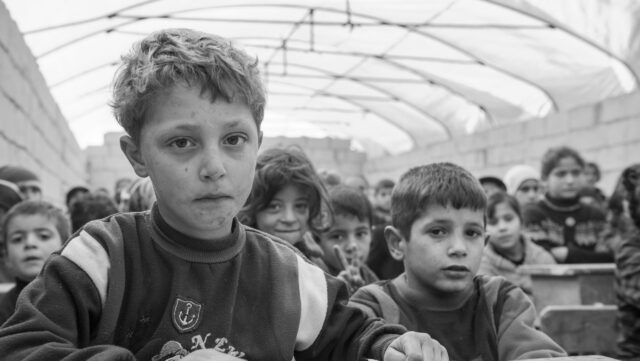 How Trauma Affects Kids in School
Signs of trauma and tips for helping kids who've been traumatized
How Trauma Affects Kids in School
Signs of trauma and tips for helping kids who've been traumatized
-
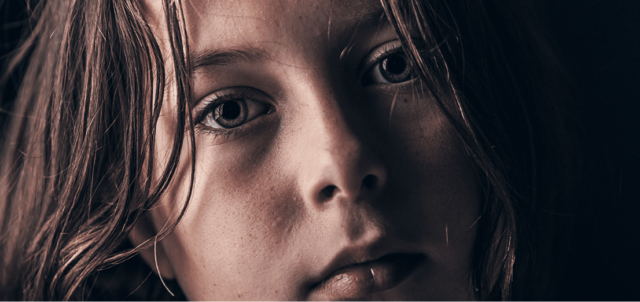 Signs of Trauma in Children
What to watch for in the weeks and months after an upsetting event
Signs of Trauma in Children
What to watch for in the weeks and months after an upsetting event
-
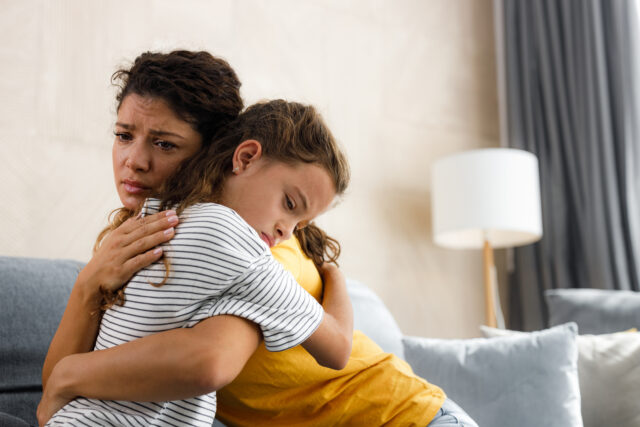 Helping Children Cope With Frightening News
What parents can do to aid scared kids in processing grief and fear in a…
Helping Children Cope With Frightening News
What parents can do to aid scared kids in processing grief and fear in a…
-
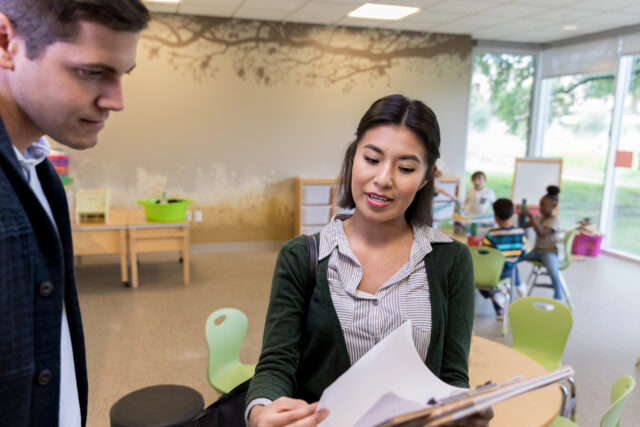 How to Work Well With Your Child’s Teacher
Tips for building collaboration and navigating disagreements
How to Work Well With Your Child’s Teacher
Tips for building collaboration and navigating disagreements
-
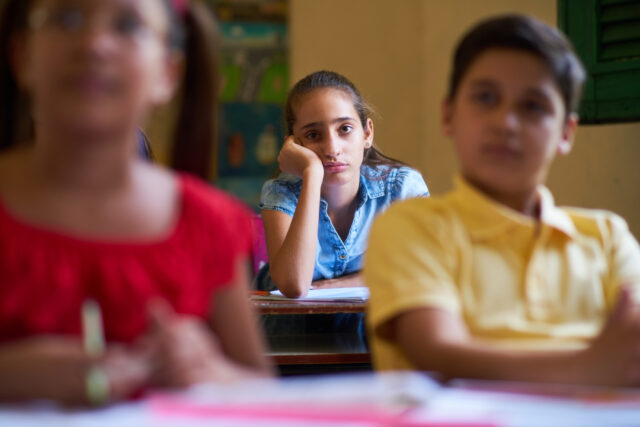 “My Teacher Hates Me!”
What parents can do when kids are having teacher troubles
“My Teacher Hates Me!”
What parents can do when kids are having teacher troubles
-
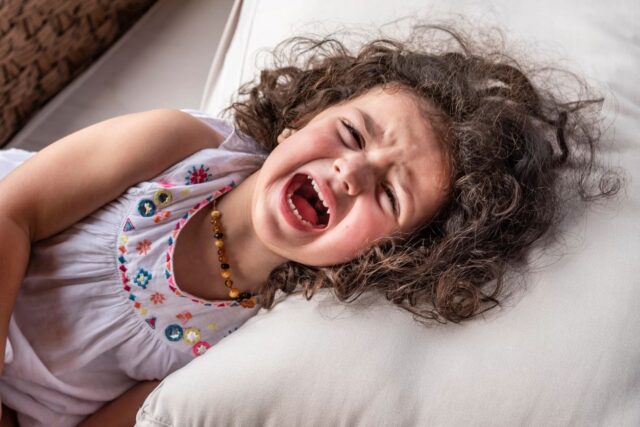 Quick Guide to Reactive Attachment Disorder
Children with reactive attachment disorder (RAD) are not able to form the important bond that…
Quick Guide to Reactive Attachment Disorder
Children with reactive attachment disorder (RAD) are not able to form the important bond that…
-
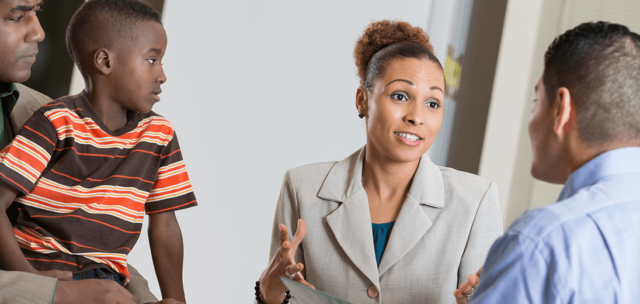 Parent-Teacher Conferences: Guide for Parents
A school psychologist offers advice on nurturing this critical relationship.
Parent-Teacher Conferences: Guide for Parents
A school psychologist offers advice on nurturing this critical relationship.
-
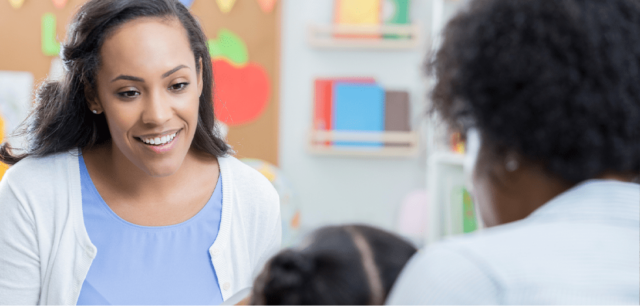 7 Things to Tell the Teacher About Your Child
Sharing key information can help educators make a connection
7 Things to Tell the Teacher About Your Child
Sharing key information can help educators make a connection
-
 Going Back to School After a Tragedy
Support and routine are essential for children
Going Back to School After a Tragedy
Support and routine are essential for children
-
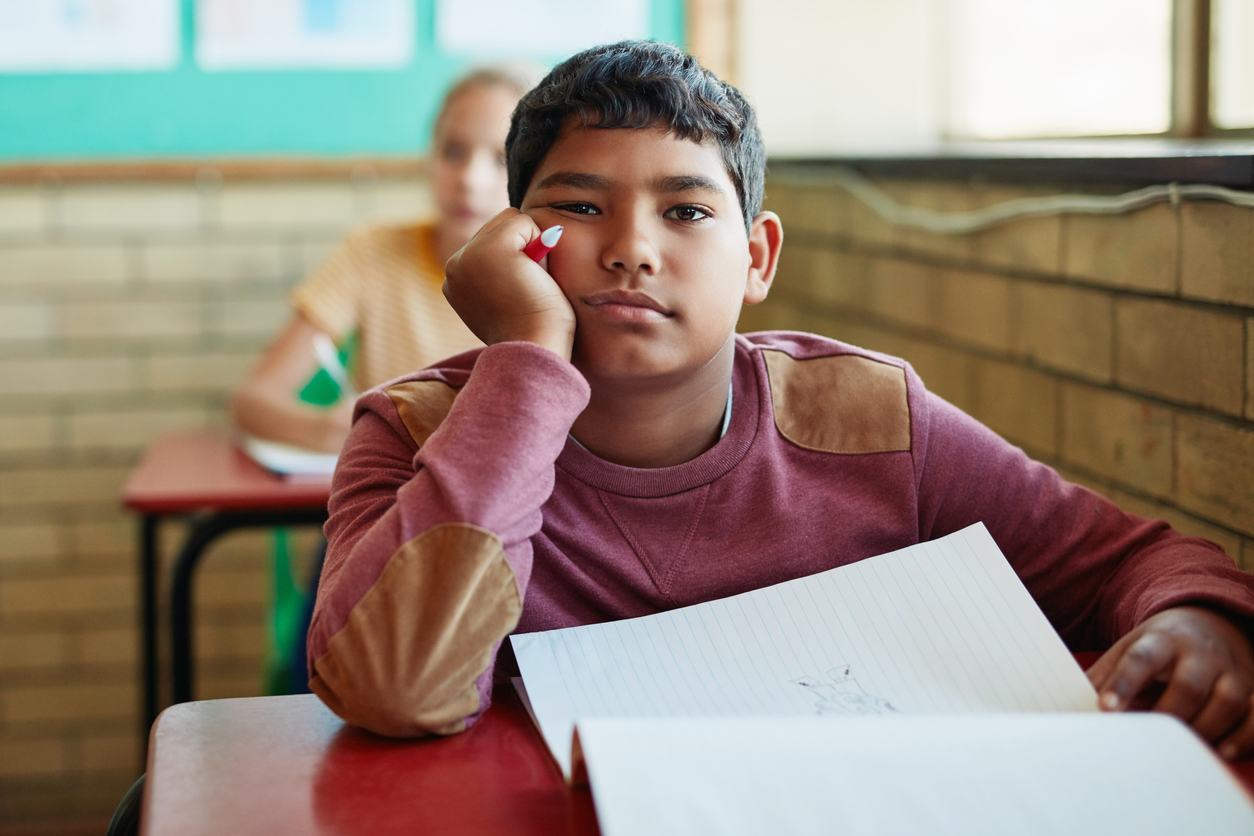 Is It ADHD or Trauma?
Why the symptoms are often confused, and how to avoid a misdiagnosis
Is It ADHD or Trauma?
Why the symptoms are often confused, and how to avoid a misdiagnosis
-
 Building Your Education Team
How to give kids the support they need in school
Building Your Education Team
How to give kids the support they need in school
